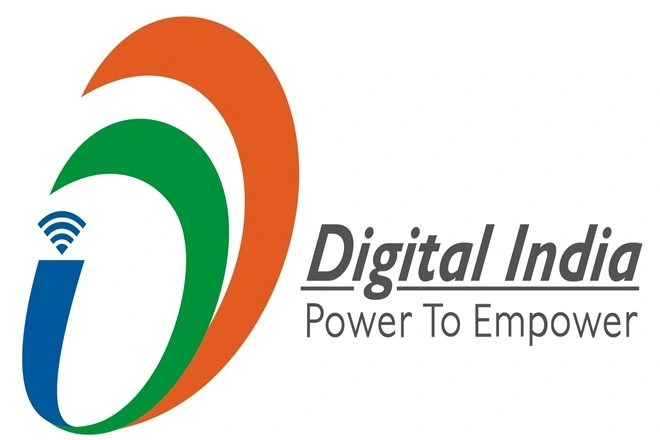The phrase “Empowering Digital India with Apps” has recently gained popularity as a word to describe the transition. It has changed government, but it additionally impacted other fields and industries. Most businesses are connecting with their target audience in novel and creative ways as a result of the advent of new internet and mobile solutions to capture their attention and, at the same time, broaden their reach.
Following is the pivotal role of mobile apps in Digital India:
An Early Sign of the Mobile Workforce
Virtual offices would have received a bad reputation in the past. However, “work from home” and “Bring Your Own Device” have already become norms that companies across all industries are warmly adopting, thanks to mobile apps and web services. Additionally, moving away from the traditional concept of office-based workplaces, the international workforce is becoming more mobile.
Indians are performing many remote tasks, and mobile apps assist them in various ways. One of the greatest apps for working from home in India is Remotasks. People use the app to pay with the US dollar.
On-Demand Service Providers
Mobile apps accelerate the speed of information transmission and commercial transactions between companies and customers. For instance, a passenger used to have to patiently describe the path to his location to the cab driver in the previous days. Today, UBER’s integrated GPS navigation system makes setting and exchanging precise locations simple for customers and cab drivers. People can also send live locations to the driver through GBWhatsApp.
Indians now have more options, more time to choose from, and better mobility thanks to the on-demand economy. The main benefit of using Uber for passengers is ease. Car ridesharing services like Uber simplify getting from point A to point B.
Real-Time Communication Enabler
Landlines are vanishing. VoIP phone systems are extremely popular. Mobile apps enable instantaneous interaction in addition to that. All users agree that real-time communication tools like WhatsApp, Apple Messages, Google Chat, Slack, Facebook Messenger, etc., are essential.
These mobile applications can do things that conventional messaging platforms cannot. They are ideal for the mobile workforce since they may include audio messaging, video calls, file-attached documents, location sharing, and much more. India is a mobile-first nation, which contributes to the popularity of messaging apps in that nation. According to the most recent figures, 54% of Indians own smartphones, with a predicted 96% penetration rate by 2040.
Improving Customer Experiences
Customer experiences were primarily based on physical encounters in the beginning. The rules of the customer experience game have changed due to mobile apps.
Customer experiences today are used to describe the functionality and usefulness of mobile apps. Mobile apps are an emerging orchestrator of client experiences, managing everything from how the UI responds to how it was created. Client experience is crucial to digital transformation since it helps to minimize turnover rates and increase client lifetime value. Clients can use EasyShare mobile app to share information easily.
Mobile apps lead to convenience in almost all sectors. Indians are benefitting from these apps. These apps are also useful in the health sector, which has grown digitally after the COVID pandemic. The world’s greatest increase in health and fitness app downloads occurred in India between Q1 and Q2 2020, growing by an amazing 156% QoQ.


